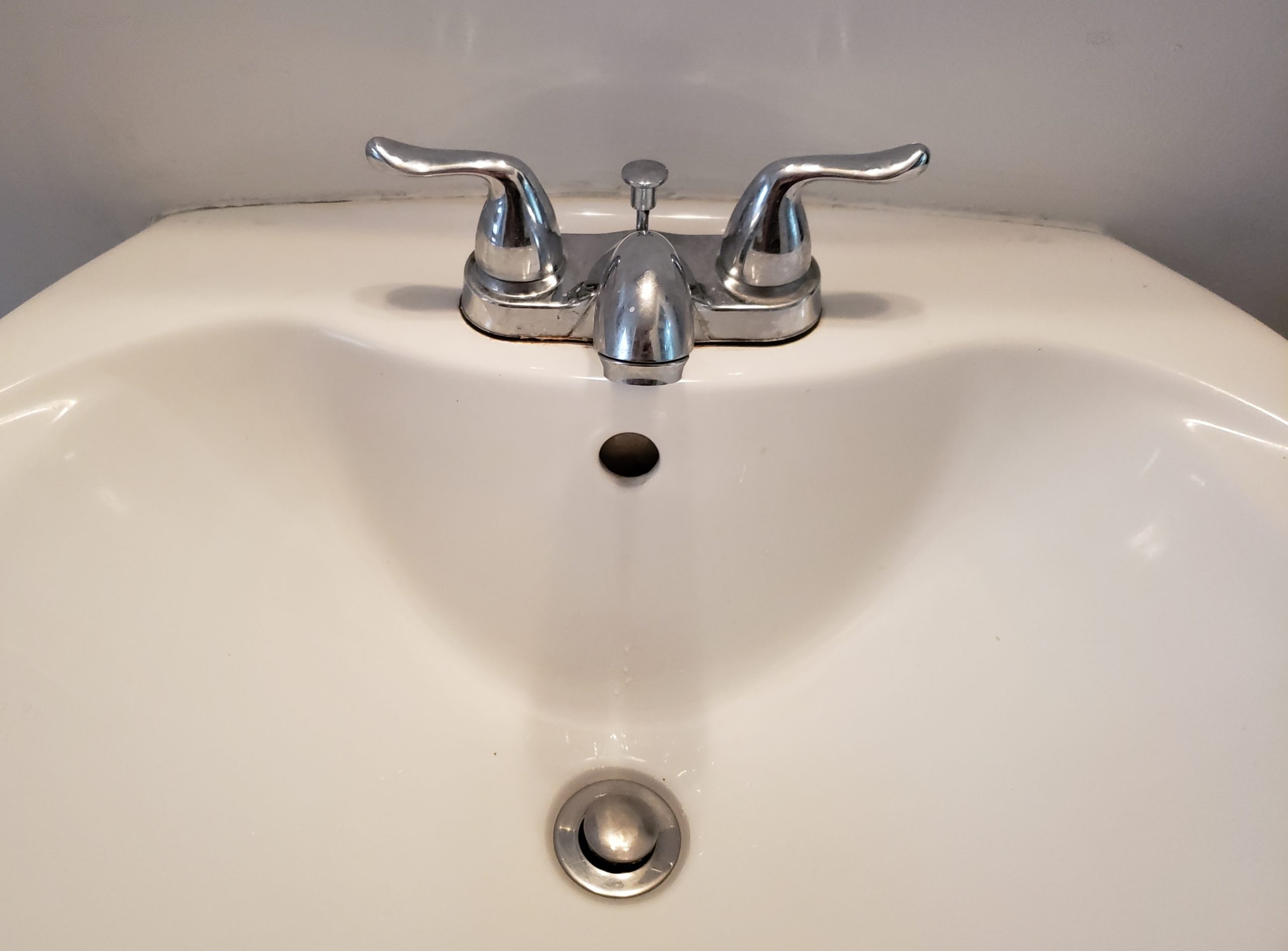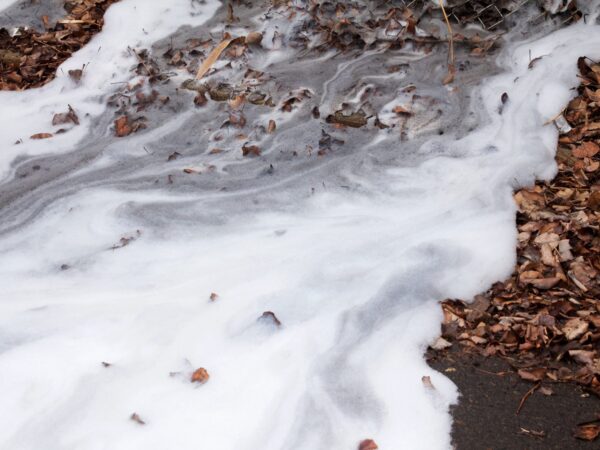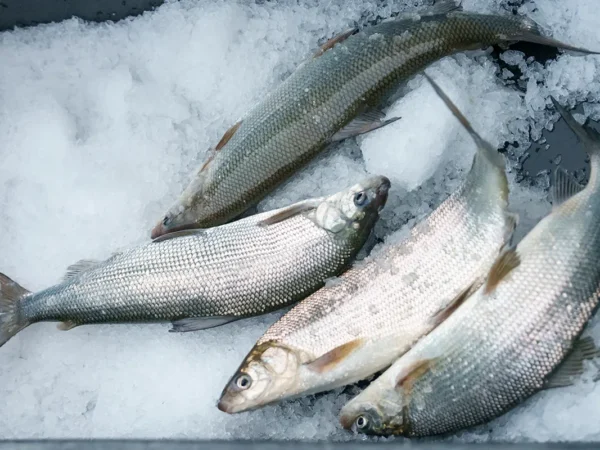
By Brett Walton, Circle of Blue
The Great Lakes News Collaborative includes Bridge Michigan; Circle of Blue; Great Lakes Now at Detroit Public Television; and Michigan Radio, Michigan’s NPR News Leader; who work together to bring audiences news and information about the impact of climate change, pollution, and aging infrastructure on the Great Lakes and drinking water. This independent journalism is supported by the Charles Stewart Mott Foundation. Find all the work HERE.
Two Democrats on the House Committee on Oversight and Reform asked the federal government’s top public health agency to suspend water service disconnections nationwide as a means of slowing the spread of Covid-19.
To protect public health, Reps. Harley Rouda of California and Rashida Tlaib of Michigan want the Centers for Disease Control and Prevention to use its authority under the Public Health Service Act to prohibit water utilities from shutting off service to customers who are behind on their bills.
In their letter to Robert Redfield, the CDC director, the two representatives cite the CDC’s Sept. 4 order that halted most residential evictions through the end of the year. In that decision, which is being challenged in federal court, the CDC determined that keeping people sheltered, even if they are behind on rent, is a tactic for fighting the coronavirus.
“Just as CDC acted to ensure that Americans are protected from evictions, access to water in each person’s home is also essential to preventing the spread of the coronavirus and allow people infected with the virus to isolate without the need to come in contact with other persons in order to bathe or drink water,” Rouda and Tlaib wrote in their October 5 letter.
Because soap and water break apart the new coronavirus, frequent handwashing is one of the CDC’s top recommendations for protection against Covid-19. In interviews, Redfield has reiterated the importance of handwashing.
Recognizing the importance of water access at home, many governors and state regulators imposed bans on water shutoffs in the first months of the pandemic. Most utilities followed suit, suspending late fees and not cutting off service. States like Michigan ordered water service restored to homes that had been disconnected. But now, in the seventh month of the pandemic, many of those protections have expired and customer debt to utilities has soared, putting more people at risk of having their water shut off.
Passed by Congress in 1944, the Public Health Service Act gives the Department of Health and Human Services — the parent organization to the CDC — broad authority to prevent the spread of infectious disease. The act authorizes the CDC to issue regulations to achieve that goal. The CDC overhauled its regulations during the Obama administration, and they went into effect in January 2017.
“Covid has been the first real test of utilizing those powers,” James Hodge, a law professor at Arizona State University and director of the Center for Public Health Law and Policy, told Circle of Blue. “We’re seeing some rather broad extensions of what CDC feels is within its capacity.”
The eviction ban, which applies to people earning less than $99,000 annually, is the prime example. Lance Gable, an associate law professor at Wayne State University Law School, said that he is not aware of similar CDC orders to guard public health. “This is a fairly novel use of federal provision,” Gable told Circle of Blue.
Traditionally, the CDC wielded its power under the Public Health Service Act by imposing quarantines and screening people at border crossings. The agency ordered health screenings in January for air passengers arriving in the U.S. from Wuhan, where the virus originated.
What measures the CDC can take under the Public Health Service Act to prevent the spread of disease is a matter of degrees. The eviction order was a step beyond the typical responses. A water shutoff moratorium, if the CDC were to issue such a decree, would be consistent with the agency’s decision to suspend evictions, Hodge said.
Water industry groups point to several reasons that a national moratorium would be problematic.
Tracy Mehan, executive director of government affairs for the American Water Works Association, said that national emergencies, such as the pandemic, can sometimes extend for years. “So that presents a challenge as to defining the boundaries of any moratorium,” Mehan wrote to Circle of Blue in an email.
Utilities also need revenue to operate, and Congress has not offered any direct financial aid to the water sector in its coronavirus relief packages. Mike Keegan of the National Rural Water Association told Circle of Blue in an email that a shutoff moratorium without financial support for utility operations is an incomplete fix.
The CDC press office did not respond to questions before deadline about whether the agency has considered a water shutoff moratorium.
Would a ban on water shutoffs based on the Public Health Services Act be legal? “That’s the real question here,” Hodge said. “Does CDC’s broader powers to control communicable diseases extend to these types of interventions?”
The CDC eviction order was almost immediately challenged. Days after it was issued, individual landlords and the National Apartment Association filed a lawsuit on September 8 in the U.S. District Court for the Northern District of Georgia. The lawsuit argues that the eviction order oversteps the CDC’s authority.
Hodge said that the eviction lawsuit should be watched closely. The ruling could determine how far the CDC’s authority extends in matters of public health and whether a water shutoff moratorium would have legal grounding.
“Is this actually what CDC can use its public health powers to limit?” Hodge said. “It’s already at stake in the existing litigation. Depending on the outcomes of the case, it may greatly dictate what would be possible here.”
Read more drinking water news on Great Lakes Now:
Explainer: Who regulates U.S. drinking water, and how?
Policy Expert Q&A: Keep advocating with elected officials for safe drinking water
One Michigan county tells the story of a nation plagued by water pollution
Across the U.S., millions of people are drinking unsafe water. How can we fix that?
Canada Water Agency: Government hopes to consolidate water data and management
API key not valid. Please pass a valid API key.Featured image: Sink and faucet (Photo Credit: Natasha Blakely)




